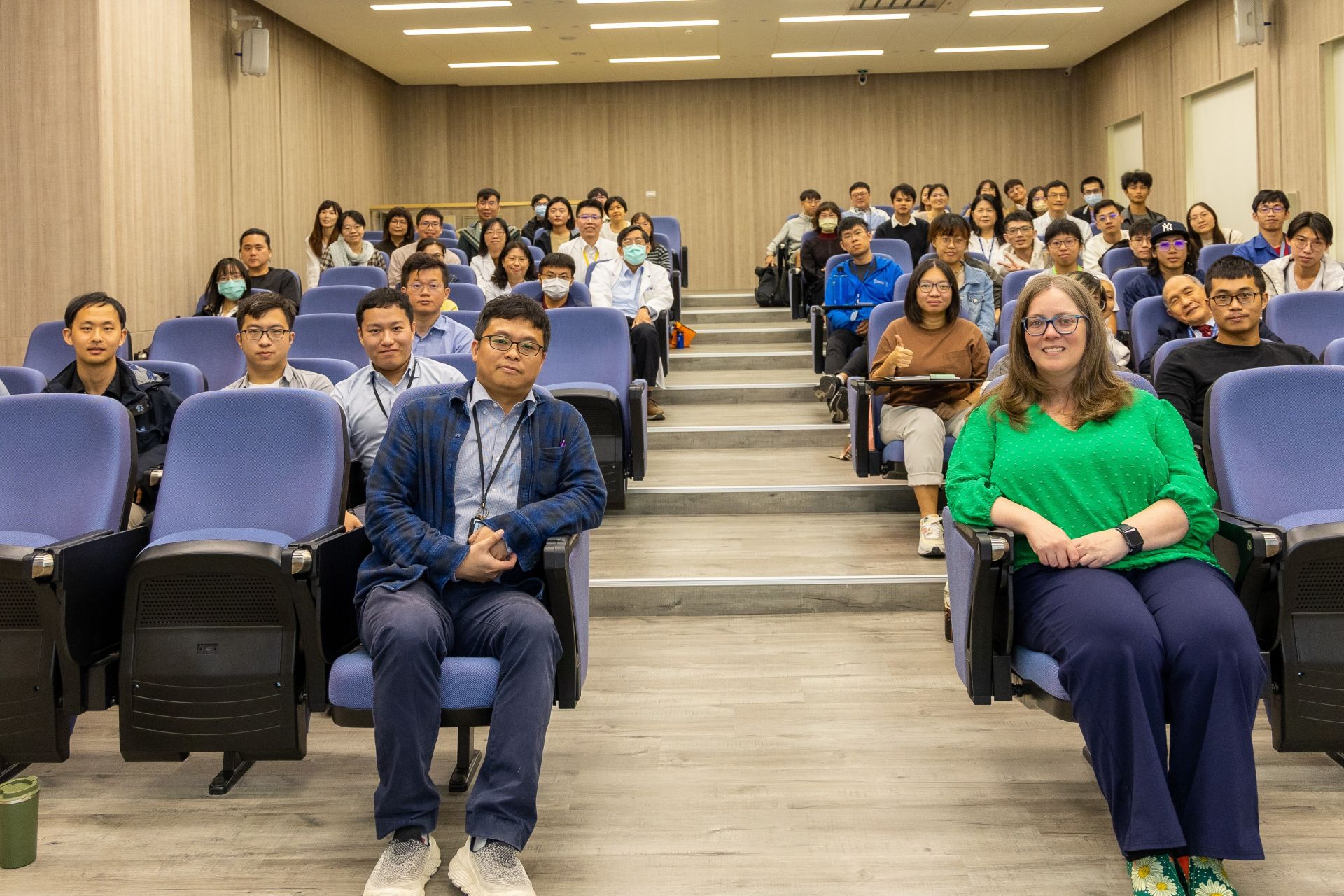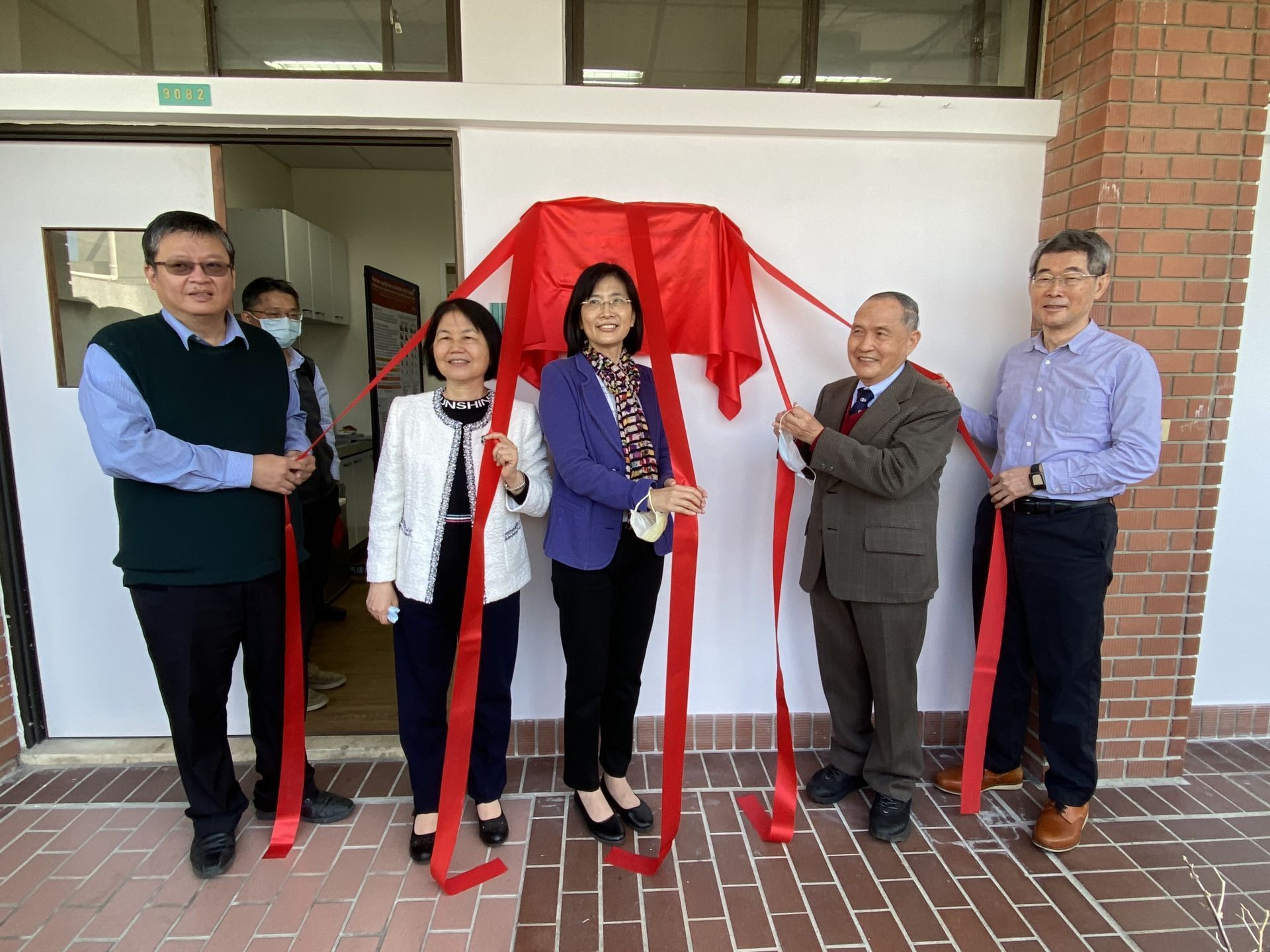SDG3
The National Science Council's Precision Health Tech Lab was unveiled at NCKU to boost public health
To promote fairness and efficiency in health insurance and long-term care, the National Science Council's Precision Health Technology Assessment Program held its unveiling ceremony on February 17th at the Ziqiang Campus of National Cheng Kung University(NCKU). Vice President Yuh-Neu Chen, Dean of the College of Medicine Yan-Shen Shan, Director of NCKU Hospital Jing-Wei Lee, and Director of the College of Public Health at NCKU Susan C Hu were among the attendees who witnessed the event.
Project leader Professor Jung-Der Wang, an honorary professor at the College of Public Health at NCKU, stated that the Precision Health Technology Assessment Program integrates biomedical and social sciences, directly addressing the needs of government health insurance and long-term care policies and maintaining productivity in the business sector. It aims to comprehensively promote the efficiency of medical care in Taiwan, enhance international competitiveness in healthcare, and contribute to the construction of Taiwan's sustainable culture of green production and consumption.
Vice President Yuh-Neu Chen expressed hope that through the research of Professor Wang's Precision Health Technology Evaluation team, NCKU could make contributions to the sustainable development of national health insurance. Dean Yan-Shen Shan hoped that NCKU in southern Taiwan could develop and establish a Department of Public Health and a School of Public Health to expand its influence on national health insurance policies and make significant contributions.
Professor Wang pointed out that the team has been able to lead internationally thanks to long-term research funding from the National Science Council (formerly the Ministry of Science and Technology). They have developed the World Health Organization's Generalized Cost-Effectiveness Analysis (GCEA), which aims to comprehensively evaluate the value of different diseases and technologies from a lifelong perspective to promote fairness and efficiency in health insurance and long-term care, and to enhance the health and well-being of the entire population.
At present, the Generalized Cost-Effectiveness Analysis has quantified how much health and how many healthcare resources can be saved for each major disease, compared preventive medicine directly with diagnosis, rehabilitation, and alternative therapies in terms of cost-effectiveness, and can also be used for various life insurance actuarial calculations. Further estimations are being made of the total societal impact of various diseases, including functional loss, productivity loss, and long-term care costs.
Project leader Professor Jung-Der Wang, an honorary professor at the College of Public Health at NCKU, stated that the Precision Health Technology Assessment Program integrates biomedical and social sciences, directly addressing the needs of government health insurance and long-term care policies and maintaining productivity in the business sector. It aims to comprehensively promote the efficiency of medical care in Taiwan, enhance international competitiveness in healthcare, and contribute to the construction of Taiwan's sustainable culture of green production and consumption.
Vice President Yuh-Neu Chen expressed hope that through the research of Professor Wang's Precision Health Technology Evaluation team, NCKU could make contributions to the sustainable development of national health insurance. Dean Yan-Shen Shan hoped that NCKU in southern Taiwan could develop and establish a Department of Public Health and a School of Public Health to expand its influence on national health insurance policies and make significant contributions.
Professor Wang pointed out that the team has been able to lead internationally thanks to long-term research funding from the National Science Council (formerly the Ministry of Science and Technology). They have developed the World Health Organization's Generalized Cost-Effectiveness Analysis (GCEA), which aims to comprehensively evaluate the value of different diseases and technologies from a lifelong perspective to promote fairness and efficiency in health insurance and long-term care, and to enhance the health and well-being of the entire population.
At present, the Generalized Cost-Effectiveness Analysis has quantified how much health and how many healthcare resources can be saved for each major disease, compared preventive medicine directly with diagnosis, rehabilitation, and alternative therapies in terms of cost-effectiveness, and can also be used for various life insurance actuarial calculations. Further estimations are being made of the total societal impact of various diseases, including functional loss, productivity loss, and long-term care costs.
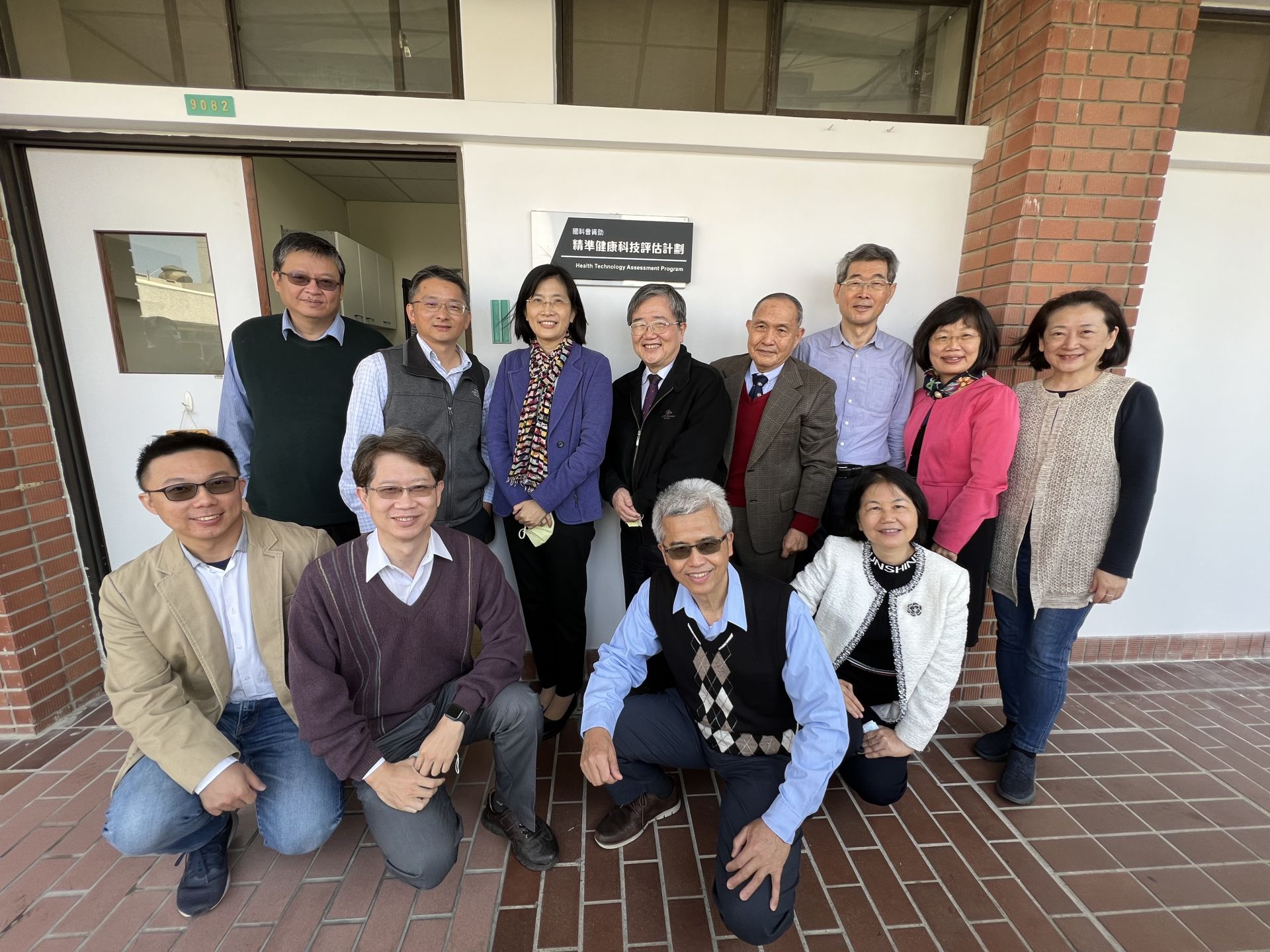
To promote fairness and efficiency in health insurance and long-term care, the National Science Council's Precision Health Technology Assessment Program held its unveiling ceremony at NCKU.
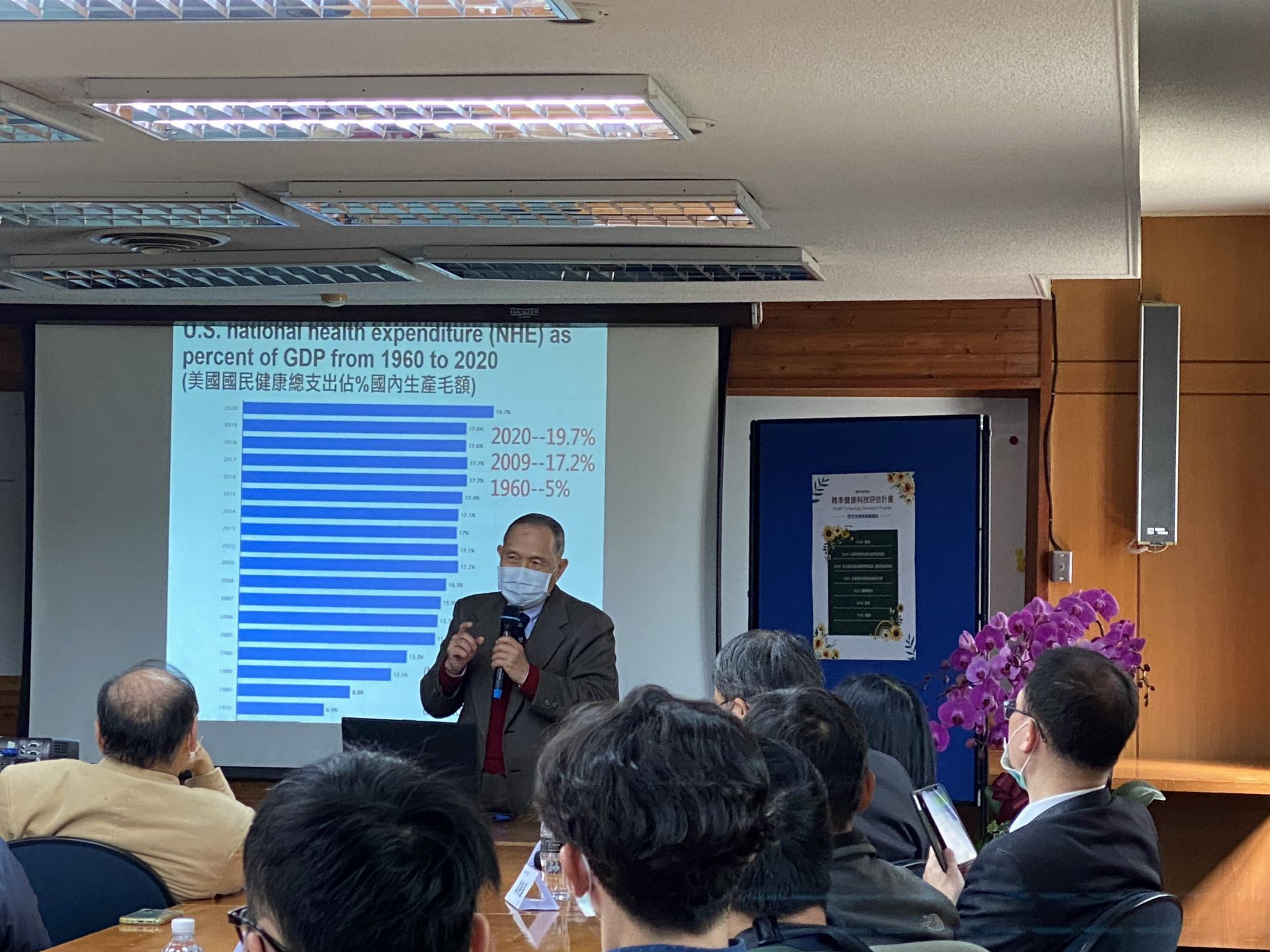
The project leader of the Precision Health Technology Assessment Program is Prof. Jung-Der Wang, an honorary professor at the School of Public Health, College of Medicine, NCKU.
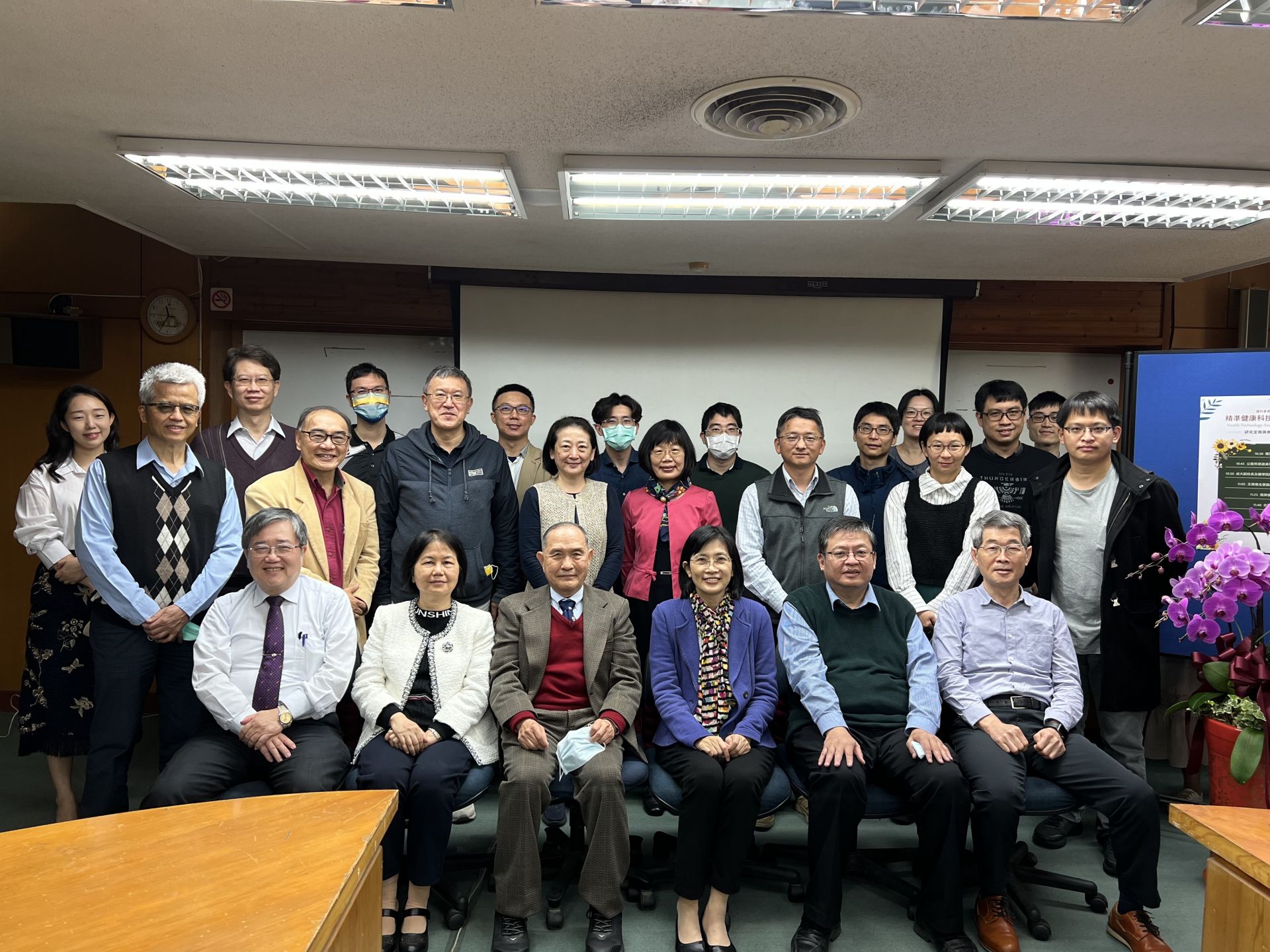
The Program not only integrates biomedical and social sciences on the technological front but also directly responds to the needs of government health insurance and long-term care policies and the maintenance of productivity in the corporate sector.

SDG3NCKU and Pingtung County Government Collaborate to Promote Borderless and Inclusive Care
View more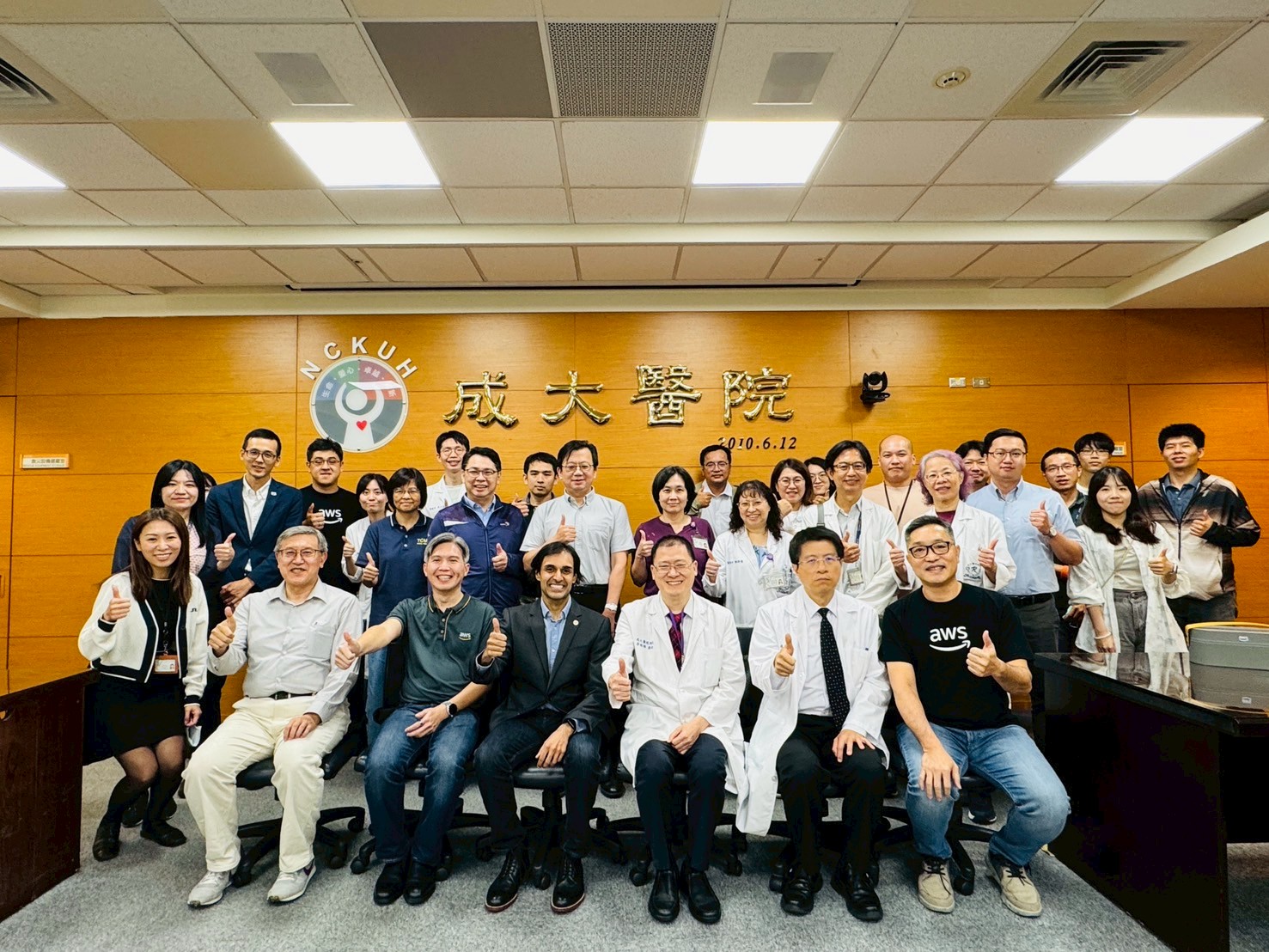
SDG3NCKU Shalun Health and Innovation Park Invites AWS to Share Visions for Smart Hospitals and Smart Warehousing
View more